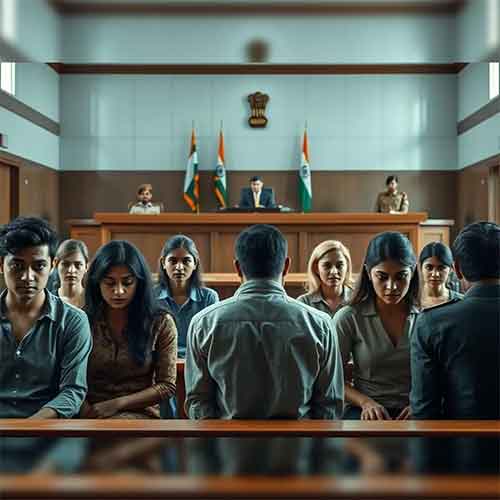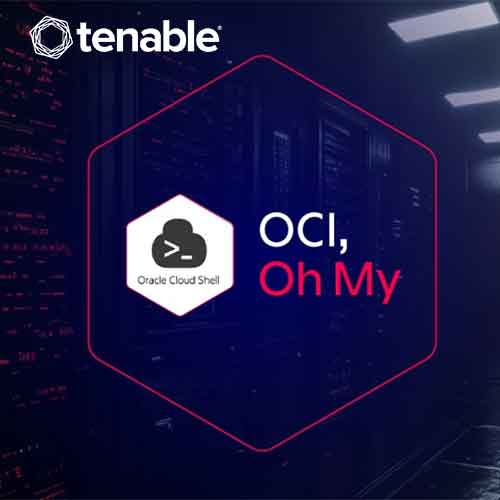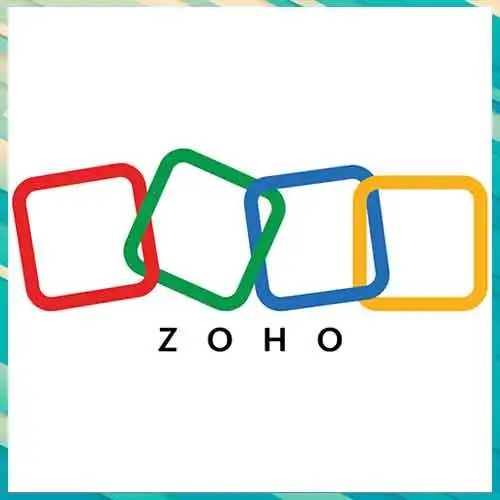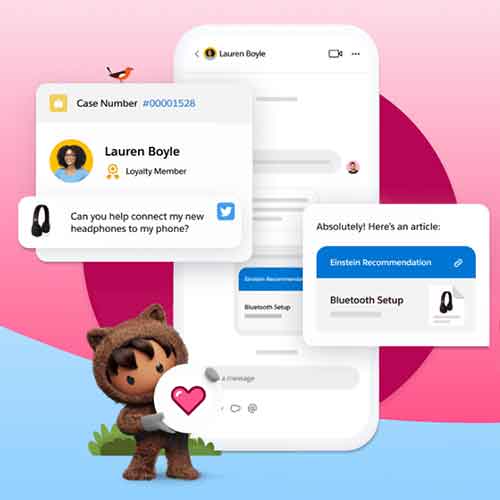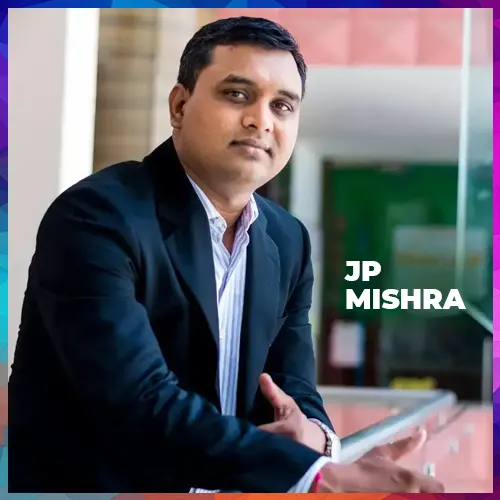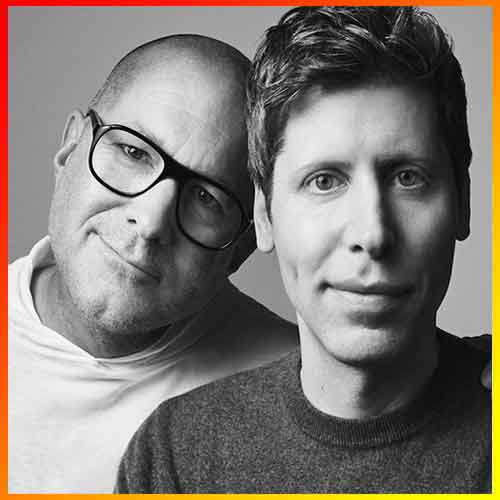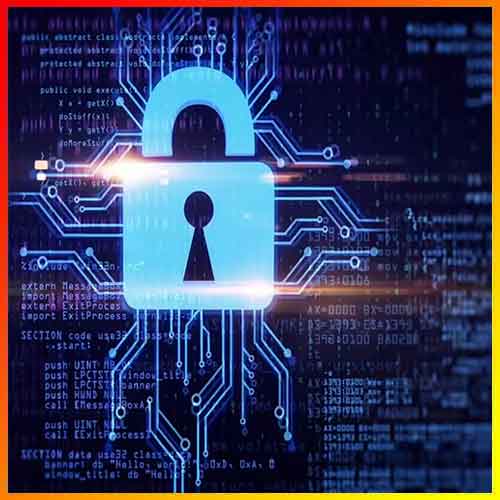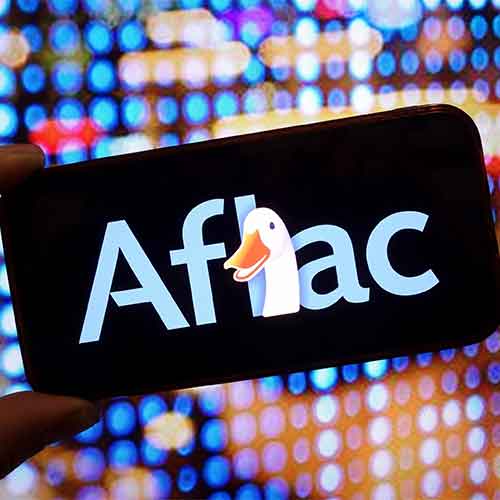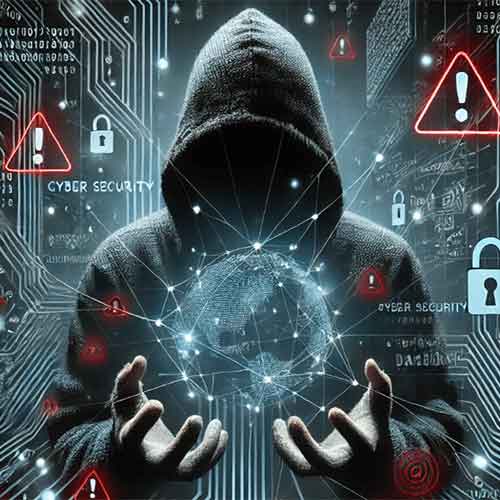Safe harbour status
2023-03-30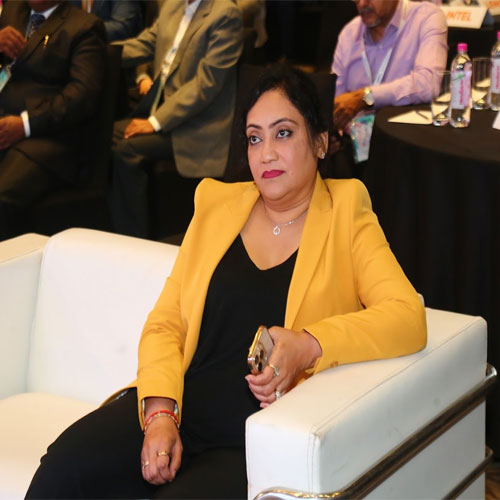
The absence of safe harbor status may have serious implications for social media platforms in India. Safe harbor status refers to legal protections that allow social media companies to avoid liability for content posted by users on their platforms.
Without safe harbor protection, social media platforms may be held responsible for user-generated content, including illegal or objectionable material. This could lead to increased legal liability, as well as potential government action against the platforms.
Under Section 79 of IT Act 2000, intermediaries are protected from any legal liability for content on their platforms because it belongs to a third party and the ownership does not vest with them.
With minister of state for IT, Rajeev Chandrasekhar saying that the safe harbour status for social media intermediaries like Twitter, Facebook, etc, may be up for review in the upcoming Digital India Act, experts and policy advocacy groups said such a step would sound a death knell for such platforms. According to them, without safe harbour provisions, there won’t be any intermediaries. If they lose the safe harbour status, they would also lose the legal immunity for the content posted on their platforms.
If safe harbour is taken away, the intermediaries, in order to protect themselves from liability, would censor online content and restrict the civil liberties of the citizenry. Hence, rather than resolving the online safety and content integrity challenges, this will lead to new problems of mass censorship and undermine the free and open nature of the internet,” say experts.
However, the government has not given a final view on safe harbor status for different classes of inter-mediaries; a complete removal of such protection will make their business fundamentals flawed. Reviewing billions of pieces of content to ensure compliance and removing them from their platforms will make such companies gatekeepers of the internet. It cannot be the role of private companies that do not have the backing of law,” says another expert.
It is worth noting that many countries around the world have safe harbor provisions in place to protect social media platforms from legal liability. Without such protections, it is possible that social media platforms may be unable to operate effectively in certain markets, leading to a loss of access to these services for users.
These platforms cannot be made the arbiters of truth and there is a possibility that the government may get sweeping powers to control online content through intermediaries, thereby adversely affecting free speech.
See What’s Next in Tech With the Fast Forward Newsletter
Tweets From @varindiamag
Nothing to see here - yet
When they Tweet, their Tweets will show up here.




